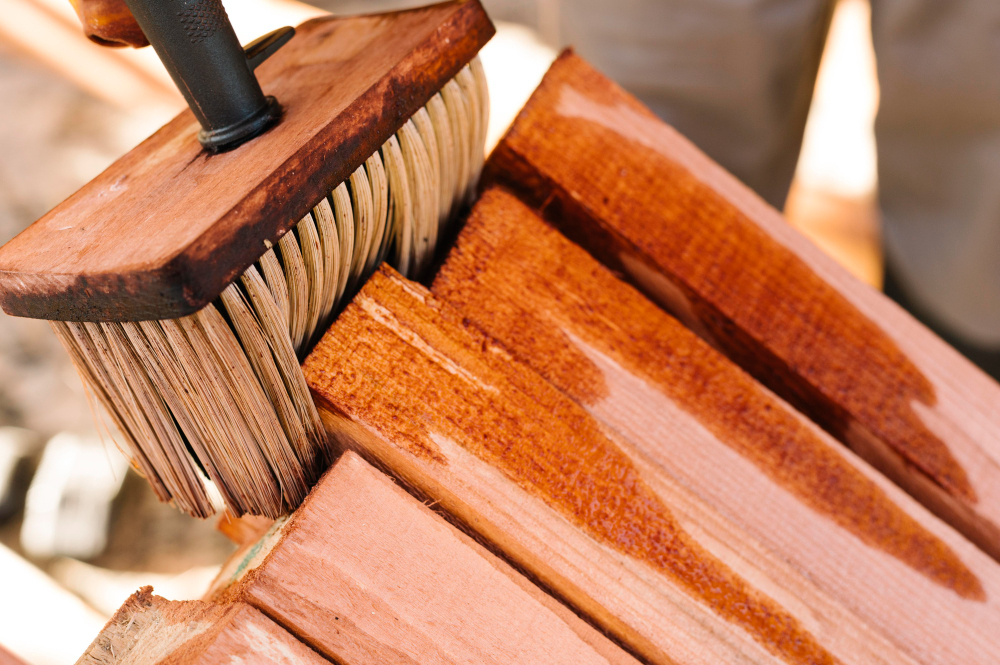Short, Medium, and Long Oil Alkyds: How They Affect Drying Time and Durability
Alkyd resins are one of the most important binders in the paint and coatings industry, and among them, short, medium, and long oil alkyds play a vital role in determining performance. These variations are classified based on the percentage of oil (fatty acid) content in the resin. The oil length directly affects the drying time, hardness, flexibility, gloss, and durability of the final coating.
In this article, we’ll break down what short, medium, and long oil alkyds are, how they behave in different formulations, and why choosing the right alkyd resin is critical for performance across industries.
What Are Alkyd Resins?
Alkyd resins are synthetic polyesters modified with fatty acids. Depending on oil length, they are divided into:
- Short oil alkyds (≤ 40% oil)
- Medium oil alkyds (40–60% oil)
- Long oil alkyds (> 60% oil)
This classification is not just academic — it has a direct impact on drying speed, hardness, adhesion, chemical resistance, and long-term durability of the coating.
Short Oil Alkyds: Fast Drying, High Hardness
Short oil alkyds contain less than 40% oil content.
Properties
- Drying time: Very fast due to high resin content
- Durability: High gloss, hardness, chemical resistance
- Flexibility: Low compared to other alkyds
Common Applications
- Baking enamels
- Metal coatings (industrial machinery, automotive components)
- Coil coatings and primers
Short oil alkyds are preferred in industrial applications where quick curing and resistance to chemicals are more important than flexibility.
Medium Oil Alkyds: Balanced Performance
Medium oil alkyds have 40–60% oil content, striking a balance between drying speed and durability.
Properties
- Drying time: Moderate
- Durability: Good gloss retention, balanced hardness
- Flexibility: Better than short oil, less than long oil
Common Applications
- General-purpose industrial coatings
- Decorative paints
- Protective primers and finishes
Medium oil alkyds are versatile, making them popular in both industrial and decorative sectors.
Long Oil Alkyds: Flexible and Weather Resistant
Long oil alkyds contain more than 60% oil content.
Properties
- Drying time: Slower than short and medium oil
- Durability: Excellent outdoor performance, high flexibility
- Flexibility: Best among all alkyds
Common Applications
- Decorative enamels
- Exterior wood finishes
- Weatherproof coatings
Long oil alkyds are particularly valued for architectural coatings, outdoor structures, and furniture finishes, where flexibility and resistance to cracking are crucial.
Drying Time Comparison
One of the most significant differences between short, medium, and long oil alkyds is how they cure.
- Short oil alkyds → Fastest drying (ideal for baking enamels)
- Medium oil alkyds → Moderate drying (suitable for multipurpose coatings)
- Long oil alkyds → Slowest drying (but excellent for exterior durability)
The curing process is driven by the oxidation of the oils in the resin. The higher the oil content, the slower the drying cycle.
Durability and Application Suitability
Durability is not just about resisting wear and tear. It also covers gloss retention, chemical stability, UV resistance, and flexibility.
- Short oil alkyds → High hardness and chemical resistance, but brittle outdoors
- Medium oil alkyds → Balanced properties for industrial and decorative use
- Long oil alkyds → Flexible, weather-resistant, best for exterior use
Choosing the right alkyd depends on whether your priority is speed, durability, or flexibility.
Industrial Use Cases
Short oil alkyds are dominant in industrial coatings where high curing speed and solvent resistance are essential.
Medium oil alkyds find applications in general industrial coatings and protective paints.
Long oil alkyds remain the backbone of decorative paints and weatherproof coatings.
Final Thoughts
The choice between short, medium, and long oil alkyds comes down to your specific coating requirements. Short oils excel in fast-drying industrial systems, medium oils provide a balance for versatile applications, and long oils deliver flexibility and outdoor durability.
At CHEM HORIZONS, we specialize in supplying high-quality alkyd resins tailored to global coating industry needs, ensuring consistent performance and compliance with international standards.
Short oil alkyds dry the fastest, making them ideal for baking enamels and industrial coatings.
Yes, long oil alkyds offer excellent flexibility and weather resistance, making them suitable for exterior paints and finishes.
Absolutely. Medium oil alkyds combine good durability, gloss, and moderate drying time, making them versatile for multiple applications.
They provide adhesion, gloss, chemical resistance, and durability while being compatible with multiple resin systems.
Modified vs. Traditional Alkyd Resins: Key Performance Differences Explained – Chem Horizons
- admin@chemhorizon
- August 29, 2025




